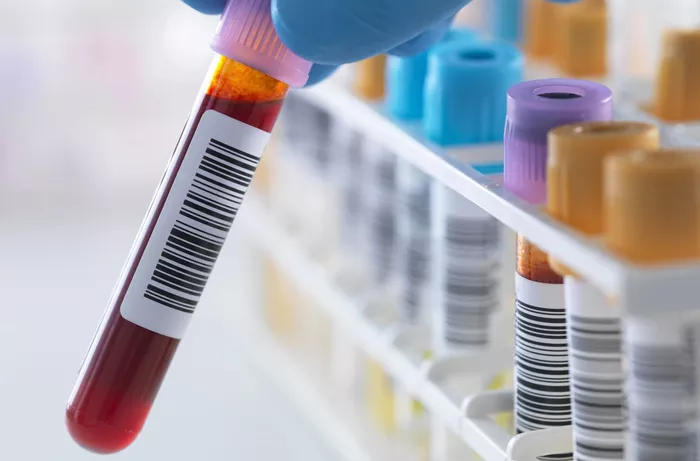A breakthrough in medical research could soon help doctors identify children at risk for serious health conditions through a simple blood test. A team of scientists from King’s College London has discovered that lipid analysis could be a powerful early indicator of diseases like type 2 diabetes, liver disease, and heart disease, potentially transforming preventive healthcare for children.
Researchers at King’s College London have developed a new blood test that can identify children at risk for serious metabolic diseases. This innovative test analyses lipids in blood plasma and could serve as an early warning system for conditions such as type 2 diabetes, liver disease, and cardiovascular problems.
The research was conducted at King’s College London, with contributions from the Steno Diabetes Center Copenhagen. The findings were published in the journal Nature Medicine, marking a significant advancement in pediatric healthcare.
The new test is designed to address rising concerns about childhood obesity and the associated risks of metabolic diseases. It capitalizes on the relationship between lipids—previously thought to be limited to “good” and “bad” cholesterol—and more complex health risks, making it possible to identify at-risk children before symptoms develop. This advancement could revolutionize how doctors approach early intervention and disease prevention.
The test uses mass spectrometry to analyze thousands of lipid molecules in a child’s blood, revealing a complex lipid profile that goes beyond traditional cholesterol measurements. This technique allows for the identification of specific lipids linked to health risks like insulin resistance, high blood pressure, and diabetes. The research included a control sample of 1,300 children with obesity, and subsequent intervention with 200 of them showed improvements in lipid levels tied to health risks, even when their body mass index (BMI) remained unchanged.
This lipid-based blood test holds promise for early disease detection in children, offering a more nuanced view of their health beyond weight alone. The next phase of the research will focus on understanding how genetics influence lipid profiles and how modifying these lipids can prevent or treat metabolic diseases in children. The potential for such a test to alter the course of pediatric healthcare is immense, offering hope for more compassionate and effective obesity management and disease prevention.
Related topics:


